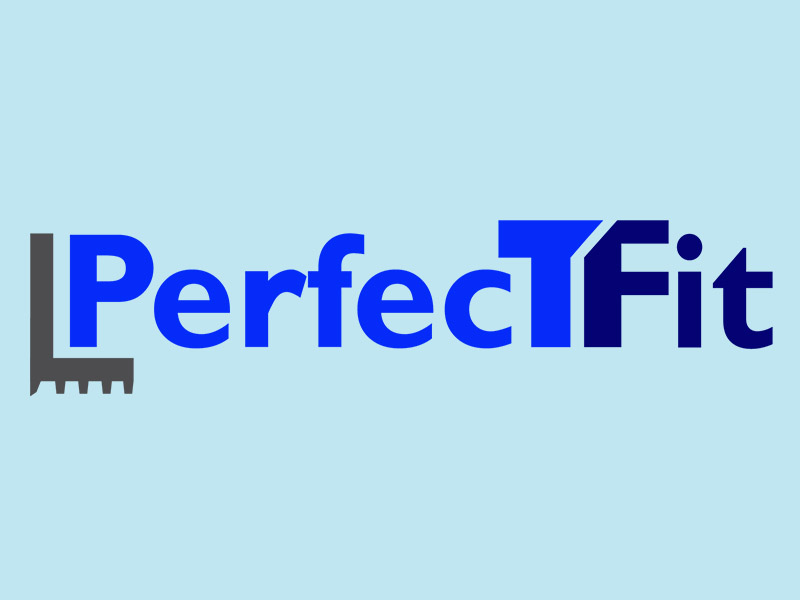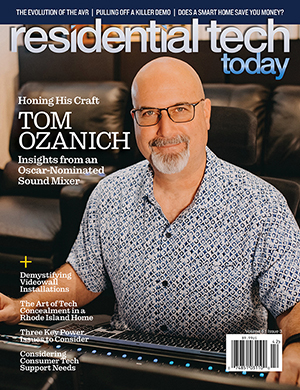The Home Technology Association (HTA) is the first independent organization to educate and empower homeowners in their technology purchases, recognize exceptional businesses, and elevate the technology integration industry’s status and stature with a rigorous third-party certification process. Since its launch in the fall of 2017, the organization has grown to 142 certified firms across the U.S.
The goal of the organization, according to Director of Certification Josh Christian, is to provide “third-party validation that you’ve always wanted to share with the client that you are truly a good, reputable firm that really takes care of your clients.”
Christian likes to compare HTA certification to similar designations in other businesses. Consumers buying a diamond, he says, know to look for GIA certification from the Gemological Institute of America. Those looking for a high-quality restaurant will look at a chef’s Michelin stars. The HTA seeks to simplify the process of purchasing home technology systems with its certification standards. HTA-certified dealers consistently meet or exceed consumer expectations at every stage of a project, including post-installation service and customer support.
HTA certification, Christian explained, requires an integrator to exhibit a stellar reputation in the marketplace, a demonstrated history of technical competence, and a commitment to high-quality aftercare service and support. A certified company commits to adhering to the standards set by the HTA to maintain its status as an HTA-certified dealer.
Christian believes that only about 10 percent of the companies in the home tech integration industry will meet the standards to pass its certification. It’s difficult to figure out who the good companies are, but the HTA believes that it has found a way to weed out “the bad apples.”
Over 25 industry experts plus the HTA’s board of advisors weighed in to create the rigorous standards of HTA Certification. The goal was to empower consumers with the best information possible so that they may research and hire the best firms for their project.
All HTA-certified companies meet a long list of criteria. This includes having an ownership and management team with three-plus years of successful business performance, no significant litigation history, no tax liens, at least $1 million of liability insurance, no bankruptcy in at least the past five years, and more.
During the $400 application process, prospective HTA members must supply the names of three industry peers and three industry partners (architects, designers, builders) that will be used as references. Then HTA also finds three more manufacturer references of its own to report on the prospect company under NDA, making sure to have a full picture of the applicant. Once certified, a company has the choice of paying their dues monthly or annually. Companies also must re-certify annually.
Beyond the obvious marketing benefits of membership, HTA-certified companies are encouraged to use the organization’s on-boarding tools, such as pre-written press releases announcing their new designation, direct marketing to architects, builders, and designers from HTA, an elevator pitch and tech tips, and, most importantly, access to HTA’s budget calculator.
The budget calculator enables prospective clients to quickly learn a realistic budget range, setting expectations for what installed systems really cost. Now an integrator’s conversation can be, “Where do you feel comfortable in this price range?,” instead of trying to figure out what number is in their head (which is usually unrealistically low anyway).
“We’re hearing back from dealers that clients are shopping around less because the budget calculator is helping them enter the conversation more informed.”
In 2019, based on member feedback, HTA is stepping up its digital marketing to architects, designers, and builders to further establish why they need to seek out HTA-certified firms to raise the reputation of the home tech integration industry.








